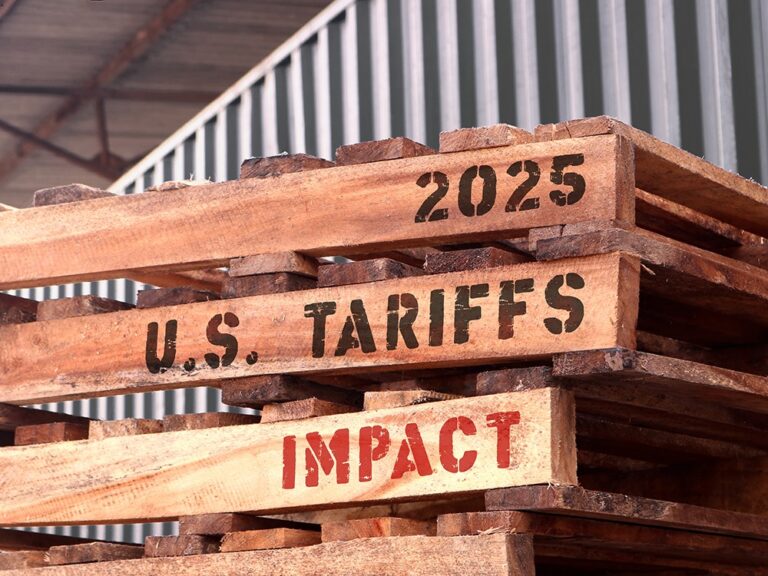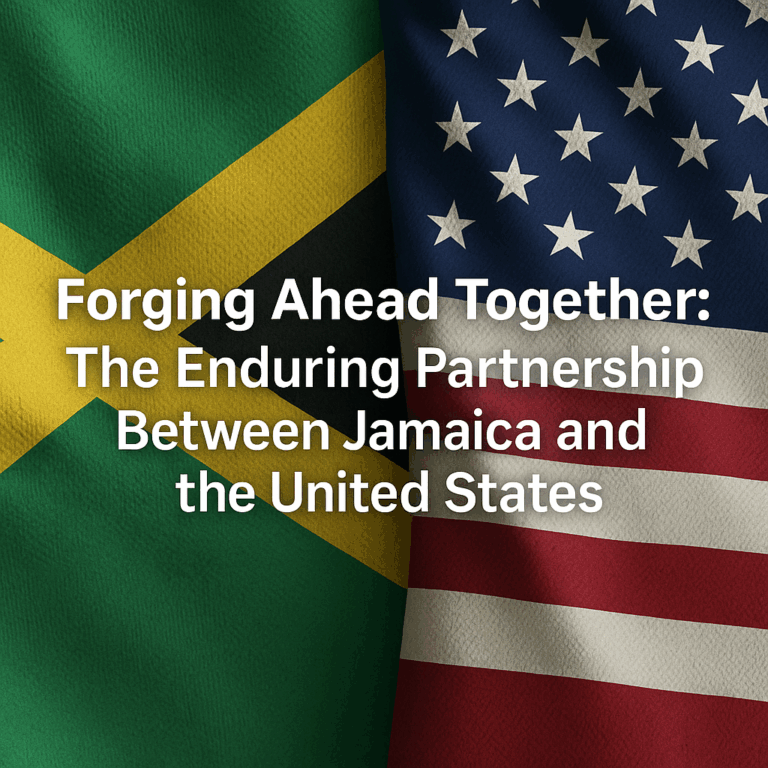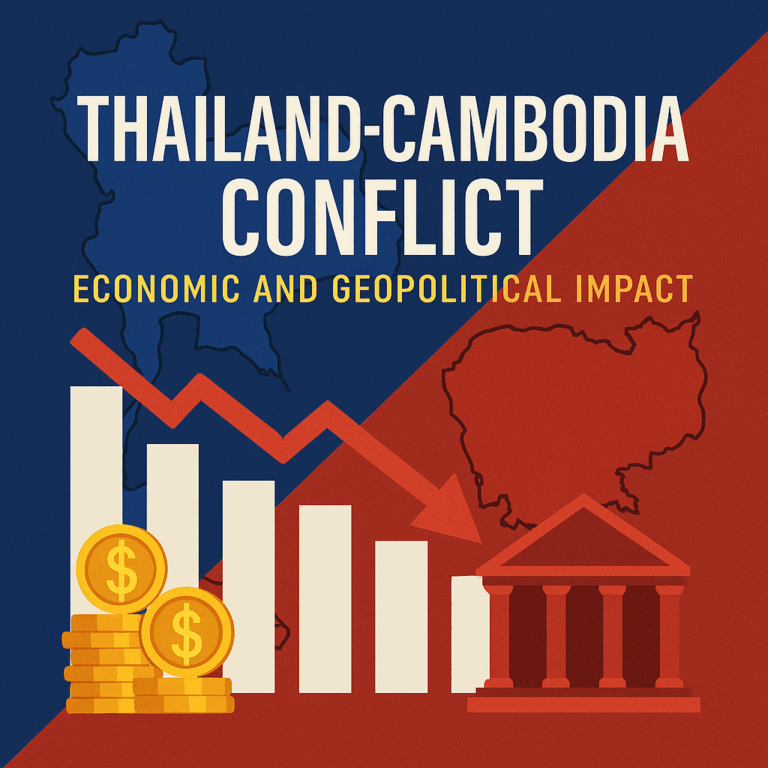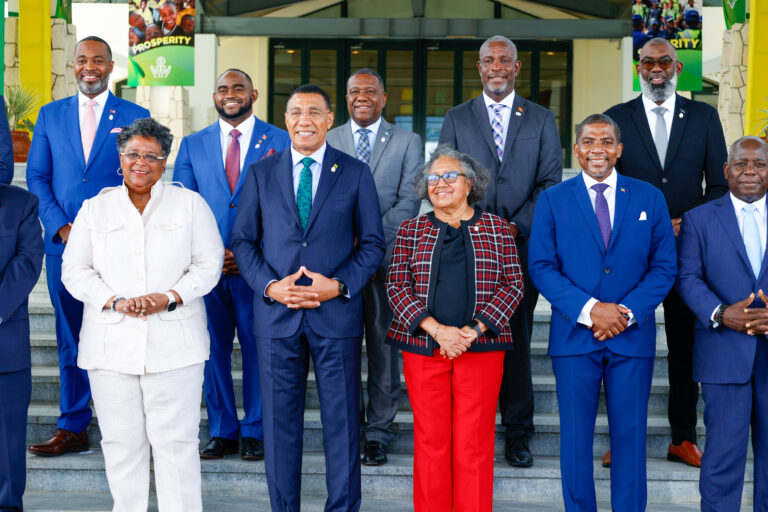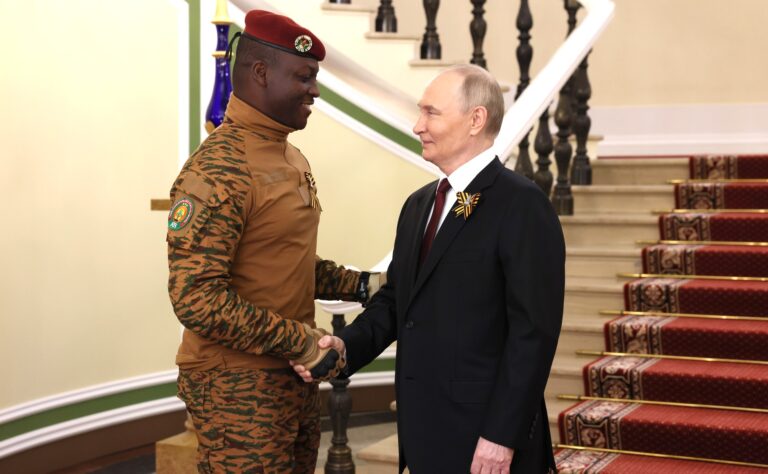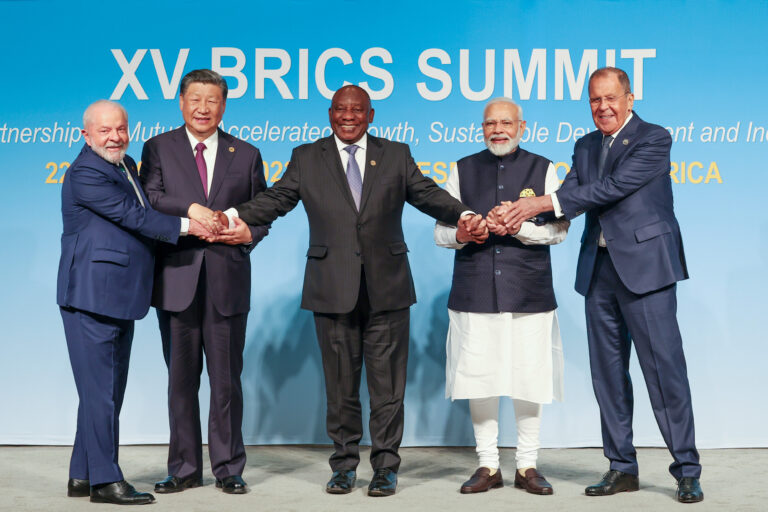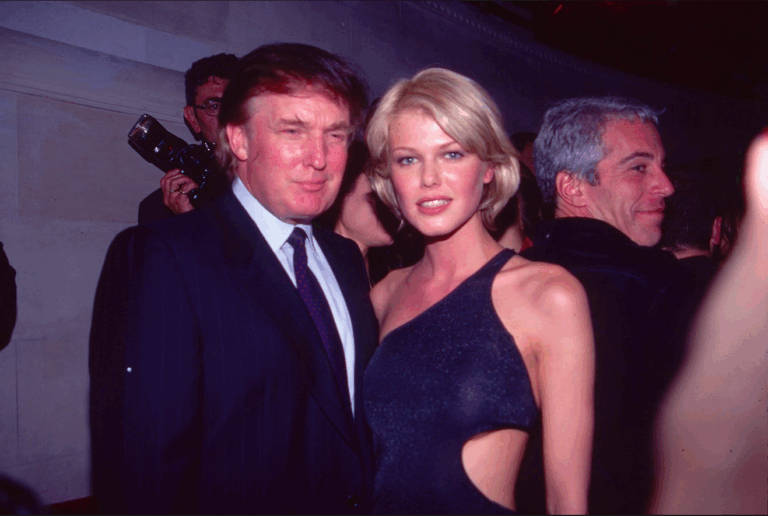A Price for Stability: The Quiet Cost of the US–EU Trade Deal
In an increasingly unpredictable world economy, the recently concluded trade agreement between the United States and the European Union has achieved something remarkable: it has averted a full-blown trade war. But while the deal has averted crisis, it has also quietly introduced new costs—costs that will be borne not by governments or diplomats, but by companies, consumers, and supply chains on both sides of the Atlantic. The agreement, which imposes a 15% tariff on most EU goods entering the U.S. (up from an average of just 1.2%), spares certain high-tech sectors like aircraft parts and semiconductor equipment. Yet, for the…
